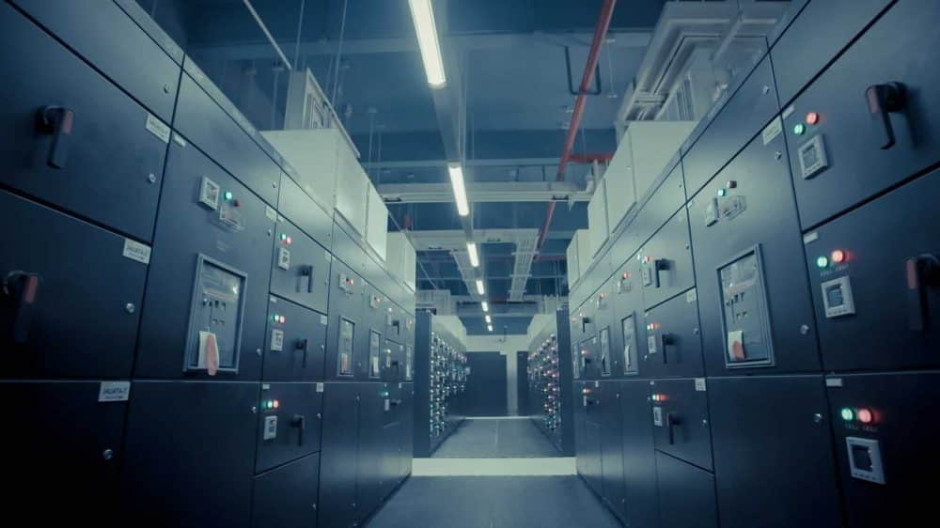[vc_row][vc_column][vc_column_text dp_text_size=”size-4″]Pakistan only has 11 data centres, which puts it behind its regional rivals in the data centre business despite the unmet need. According to the Digital Economy Report released by The Overseas Investors Chamber of Commerce and Industry (OICCI), Vietnam’s market is valued at $454 million and Malaysia’s market is worth $1 billion.
Mainly run by businesses and government agencies like NADRA, PTCL, Jazz, Telenor, Zong, Ufone, and different universities, data centres can be found in Karachi, Lahore, and Islamabad within Pakistan.
With the recent opening of the National Information Technology Board’s (NITB) first data centre in Islamabad, the government has made steps to capitalise on the advantages associated with data centres.
Also Read: Government forecasts further high inflation in the months ahead.
The use of cloud services has been primarily ad hoc up until now, but Pakistan may take advantage of the huge potential of cloud and data centre technology. In Pakistan, business needs are met by the bulk of data centres. To grow this market, policymakers and the private sector must encourage investment in the construction of hyper-scale data centres, support regional cloud service providers with tax breaks, and connect public databases.
Because data centres require a special logistics chain that includes internet exchanges, hosting, cloud, and fibre optic providers, their development can aid in creating jobs for locals. Large single-tenant hyper-scale data centres typically take five to 10 years to create, compared to three to five years for multi-tenant centres. The report “Recommendations for Digital Transformation in Pakistan” predicted that the global data centre market would be worth $215.8 billion by 2021 and $288.3 billion by 2027.
The research highlighted the difficulties by mentioning that businesses are discouraged from investing in such facilities due to the high maintenance costs connected with them, given the frequency of power shortages and blown-outs brought on by a poorly built electrical infrastructure.
Large-scale fibre optic cable networks, which are rare in Pakistan, are needed for data centres. Political unpredictability and censorship’s tendency to change regularly provide a significant difficulty since they put data centre operators at risk of losing customers and income. Data centres are also susceptible to cybercrime. For instance, in 2021, the Federal Board of Revenue’s data centre was hacked, having an impact on international shipments.
Recommendations
The government ought to think about developing a programme to encourage investments in building hyper-scale data centres in the nation and expanding the ecosystem’s current data centre infrastructure. This may involve providing tax breaks and less expensive land on which to erect data centres.
To oversee discussions between the government and private businesses, a task force on data centres needs to be established. To understand the needs and preferences that should be emphasised for the implementation partners, the task force needs to speak with market participants. Effective implementation of a cloud computing policy is required, as is routine monitoring of the policy’s aim.
Data centres provide the scalability, security, efficiency, and cutting-edge technological options that businesses and organisations are increasingly requesting. Data is regarded as the new oil and is becoming strategically significant for governments as well as organisations to safeguard the safety and sovereignty of the nation.[/vc_column_text][/vc_column][/vc_row]











